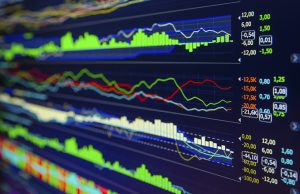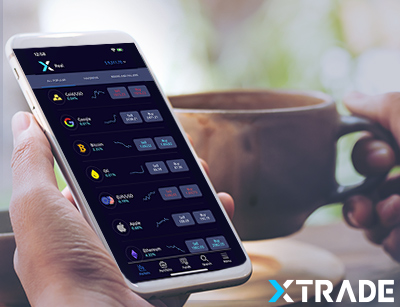Basic Of Forex Trading
By Content-mgr - on February 8, 2016Some of the basics of forex trading, focus on the principles of the global exchange rate mechanism. And the key factors that may impact any exchange rate.
Important Basics of Forex Trading
Some important basics of forex trading are the ways through which an exchange rate fluctuates up and down, as economic activity, supply and demand change. In order to learn forex trading the right way, one should pay less attention to trading methods focusing on day trading and intra-day technical analysis. Instead, they should focus more on the fundamental side, and not even on interpreting the economic reports and news the way that seems most convenient. Currency rates change because they are in a state of motion, and sometimes in a state of complicated oscillatory kind of motion. And this is because the forces of supply and demand are themselves in such states of motion. Various economies around the world are going through a continuous cycle of growth and economic slowdown, a never ending cycle. This economic activity impacts other countries that the countries in question trade with, and as a result their currencies fluctuate so as to reflect supply and demand. Sometimes currencies move on speculation and expectation, such as the US dollar often does on expectation of higher or lower interest rates. Such speculation cannot be predicted, as the market moves today and this week, pricing in events that will happen months later. So making sense of the fundamentals, is not a simple task by any means. And especially on the US dollar which is a safe haven currency, and this is one more factor which has often nothing to do with economics and a lot to do with geopolitics. But other currencies are more predictable, and the mere economic activity between the two countries involved in that currency pair, is a lot easier to figure out.

The Basic of Forex Trading and Global Markets
The basics of forex trading hardly ever mention the role that the stock market, commodities and the global markets overall play. Sometimes, the most seemingly unrelated factor, such as a commodity or an event in the stock market, can impact a country’s currency. Currencies of oil producing countries for example tend to decline a lot when crude oil declines, and vice versa. And when there is a stock market trend under way, the local currency may either rise or decline depending on the phase of the economic cycle. These are all overlooked factors, that many forex traders either ignore, or believe that will be fully reflected on the charts. But charts represent momentum, and tend to lag behind these underlying factors. These factors develop slowly and quietly overtime, and suddenly hit the market, leaving technical traders surprised. Because the charts did not warn them. Technical traders rely too much on tools and indicators, such as a forex calculator for figuring out Fibonacci levels, and they are all provided by forex brokers, to make trading easier. Some brokers even provide fundamental analysis, but it’s all too vague and ambiguous to be useful for making trading decisions. The real fundamental forces work in silence, and tend to impact markets in ways that charts cannot usually reflect. If the charts were correct, there would be no so much volatility on them.
 First Deposit Bonus
First Deposit BonusFirst Deposit Bonus | Phone Verification | First Trade on us | Account Verification














